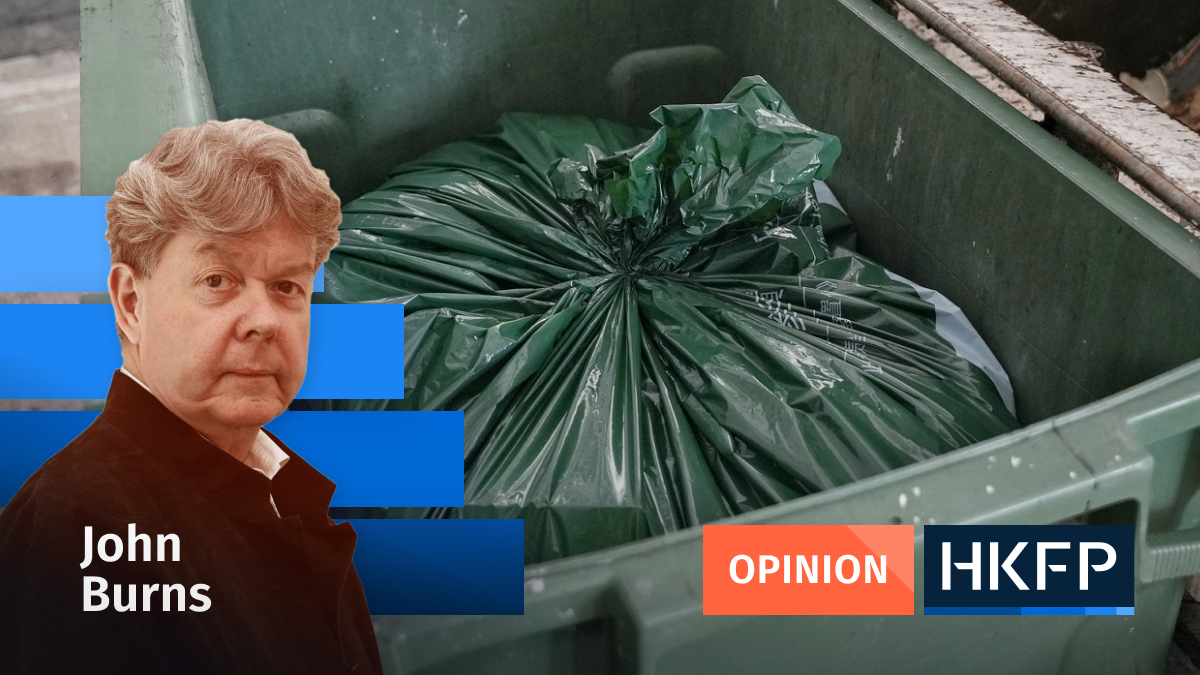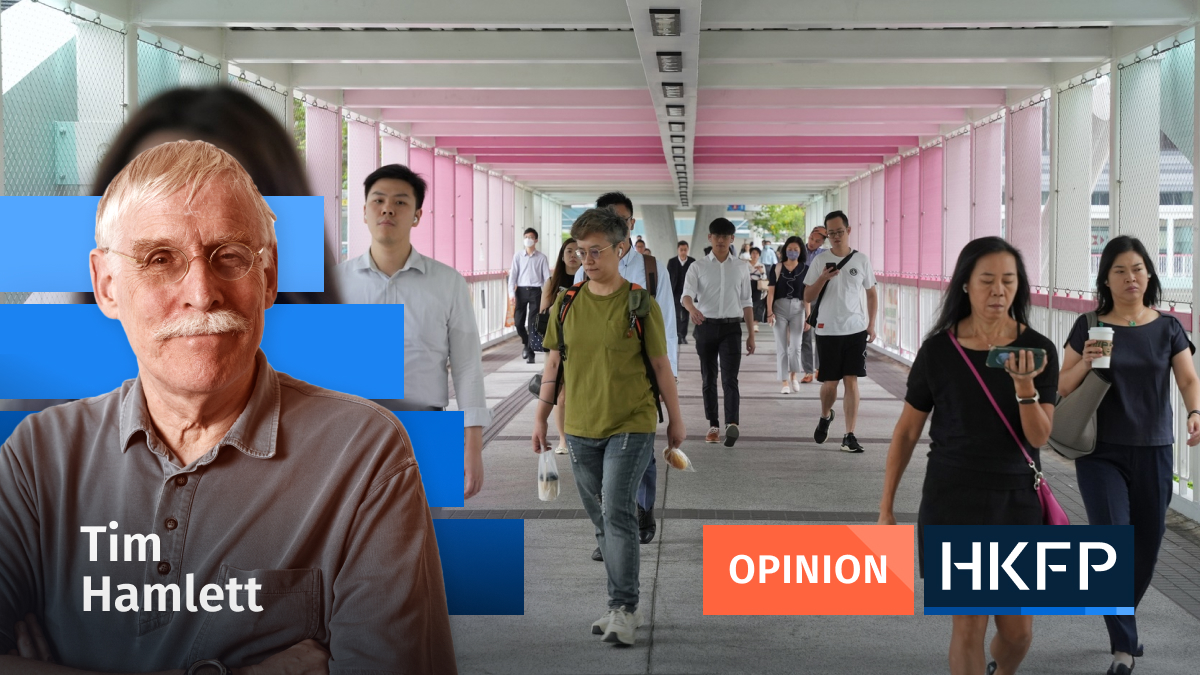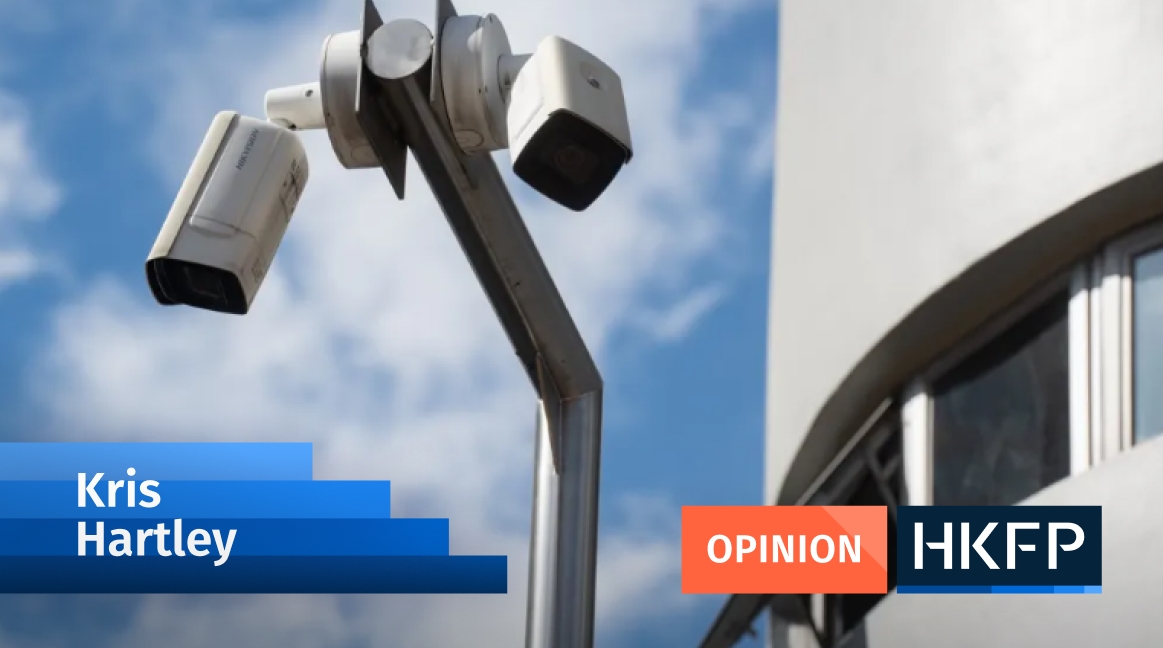Let us contemplate a paradox. As democracy recedes into the far distant future, the most unexpected people suddenly cannot resist talking about it. The very people who are depriving us of the reality cannot resist the word.
The Chief Executive, Carrie Lam, is a good example. Last week she was asked if she had any comment on a remark by Emily Lau – one of the few veteran democrats not in prison – that democrats might be reluctant to take part in the new system for filling Legislative Council seats (there is not much actual election involved).

Ms Lau had said that potential candidates faced the hurdle of finding nominators in each of the new Election Committee’s five sectors, two of which are virtually filled with nominees of the Hong Kong or Beijing governments. Finding someone in those sectors who was willing to nominate a democrat was likely to involve a lot of rejections and candidates might find this humiliating.
Ms Lam might have expressed the hope that ambition and the wish to serve would overcome the prospect of begging for a nomination. Or she might have pointed out that the whole purpose of the new system was to discourage democrats so what did people expect?
Instead, she had a go at Ms Lau, who was “completely mistaken and did not know the spirit of elections and democracy.”
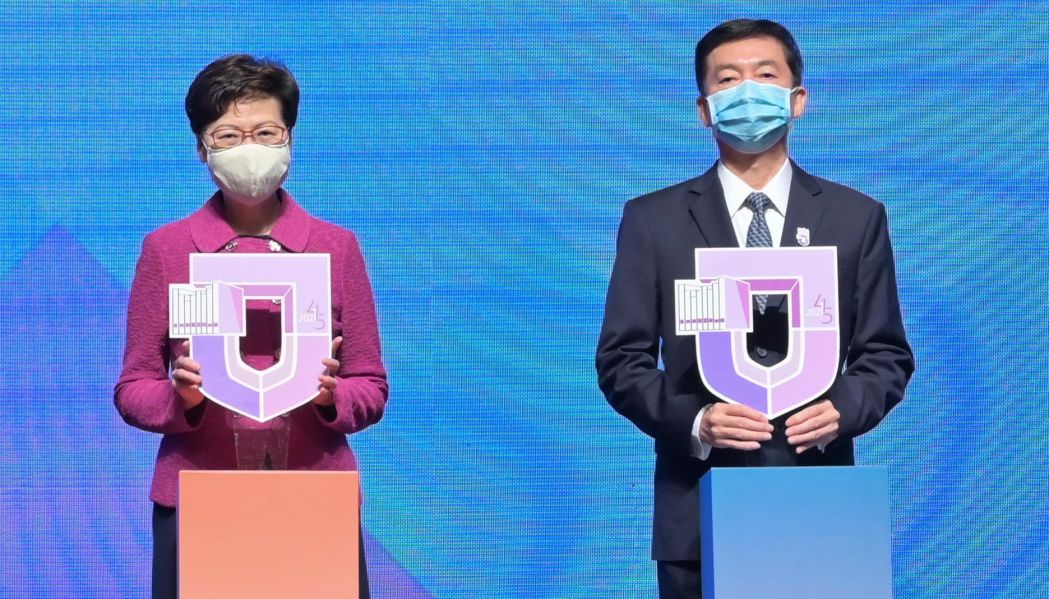
It is difficult to think of anyone less likely to be acceptable as an authority on the spirit of elections and democracy than Carrie Lam, who has never won a real election in her life. Ms Lau, by contrast, has won a number of elections of the old-fashioned kind, now no longer with us, in which anyone could stand and everyone could vote.
Similarly bereft of relevant experience is Mr C. Y. Leung, who opined last week that opposing government measures and filibustering were “not democracy.” Really? Filibustering is, I concede, controversial. Some people see it as a means whereby minorities can obstruct the will of the people, others see it as an important protection against the tyranny of temporary majority governments.

Opposing government measures, on the other hand, is generally considered rather useful.
Then we have another contribution from an election virgin, Mr Henry Litton. Mr Litton, like his fellow retired legal eagle Grenville Cross, has morphed gradually from a specialist commentator on legal matters to a stalwart defender of whatever the government is now doing.
Here is democracy according to Henry: “There are many models of democracy in the world; some are more successful than others. If democracy is to be defined as a community where government exercises power with the consent of the governed, then China is very much a democracy. An overwhelming majority of people in the Mainland today supports the government under the leadership of the Communist Party.”
Two errors here. Democracy is not defined as a place where the government exercises power with the consent of the governed. After all it is alleged on varying amounts of evidence that Adolf Hitler, Benito Mussolini, Josef Stalin and even Francisco Franco enjoyed at some points in their career “the consent of the governed.” This did not make their communities democratic. In a democratic community there is a mechanism for replacing the government when consent is withdrawn.
China, accordingly, would not be a democracy, even if we were prepared to accept that consent enforced by a million policemen and a further uncounted horde of spies and censors should be accepted as valid. How, one wonders, can Mr Litton, or anyone else, know that an overwhelming majority of people in the mainland supports anything? The overwhelming majority are not allowed to express an opinion.
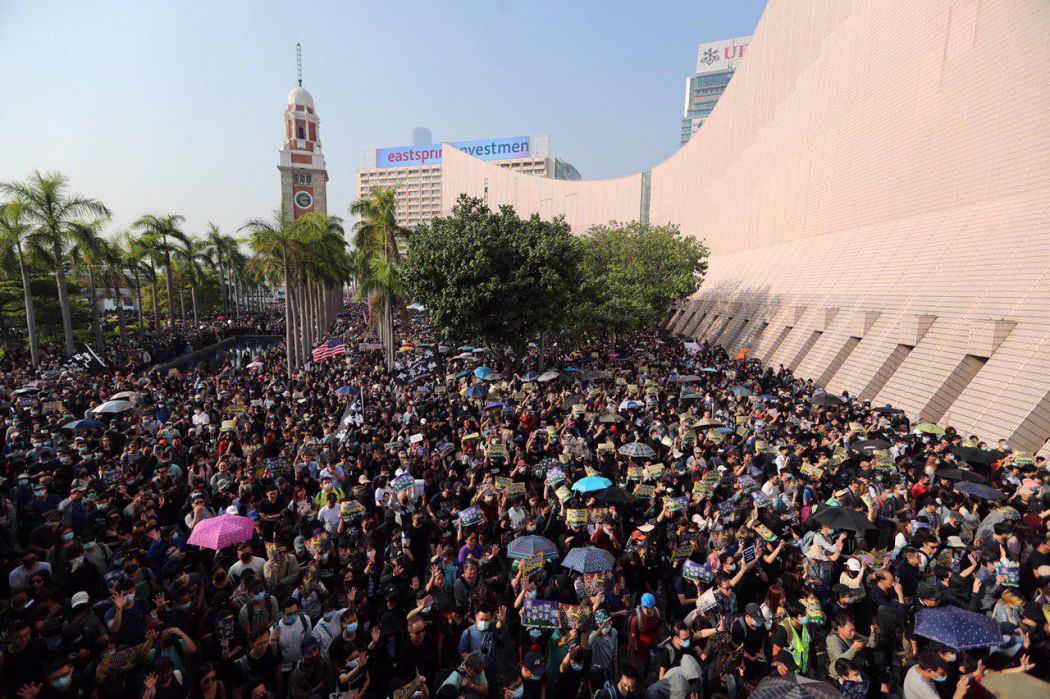
Then we come to a more interesting offering from Ms Regina Ip, addressing the fear that there will be no pro-democracy councillors under the new arrangements: “They have participated in elections and so have I. Do they read more books about democracy than I do? I believe I have read more than a lot of people. How can you say that without them there will not be a pro-democracy camp?”
Ms Ip seems to be preparing to take over the pro-democracy banner, which should be an interesting spectacle. Actually nobody has suggested yet that the system is so completely rigged that no pro-democrat can be elected. It would be more accurate to say that the system is rigged so that no more than ten pro-democrats can be elected.
The question is whether being a permanent minority of ten in a 90-member council will appeal to any plausible pro-democrat, especially with the added hazard of campaigning in the shade of the national security law.
Now let us turn to Mr Chris Lonsdale, a “consultant” with a flourishing China practice and, we need not doubt, a welcome visitor north of the boundary. Mr Lonsdale likes to condescend: ”For those with short memories, and those born after 1997, let us not forget that for the entire history of Hong Kong under British rule (except for the last few years leading up to 1997) there was NO direct democracy.”
Mr Lonsdale, alas, either has a short memory or was born after 1997.
The Urban Council was founded in 1883 and had its first elected members in 1888. in 1956 changes included having half the members elected and in 1973 it became autonomous and entirely elected, electing a chairman and vice chairman from among its own members. There were a number of ways of becoming an elector and by 1981 it is estimated that 800,000 people were entitled to vote.

A condition of the council’s autonomy was that it stick to its official remit, which was to deal with a variety of domestic matters like sanitation, licensing, sport, culture, parks and such like. But once a year there was a general debate in which members could and did opine on any matter of public interest.
In 1986 a Regional Council was set up on the same basis to preside over services in the New Territories.
In 1997 the China-appointed Provisional Legislative Council passed an ordinance changing the constitution of both councils to include appointed members. In 1999 they were both abolished.
In 1982 partly elected District Boards appeared and in the 1985 DB elections more than half of their members were elected. By 1994 appointed members had disappeared but they were restored after the handover.
Over the ensuing years the appointees gradually disappeared again, as it appeared that the District Councils, as they were now called, were secure strongholds of the pro-government DAB. Now that is no longer the case they are likely to go the way of the two municipal councils.
Of course it is true, as Mr Lonsdale says, that the Governor was not chosen by Hong Kong people. Does he, I wonder, think the next Chief Executive will be?
Support HKFP | Policies & Ethics | Error/typo? | Contact Us | Newsletter | Transparency & Annual Report | Apps
| HKFP is an impartial platform & does not necessarily share the views of opinion writers or advertisers. HKFP presents a diversity of views & regularly invites figures across the political spectrum to write for us. Press freedom is guaranteed under the Basic Law, security law, Bill of Rights and Chinese constitution. Opinion pieces aim to point out errors or defects in the government, law or policies, or aim to suggest ideas or alterations via legal means without an intention of hatred, discontent or hostility against the authorities or other communities. |
Help safeguard press freedom & keep HKFP free for all readers by supporting our team

More HKFP OPINION:
HKFP has an impartial stance, transparent funding, and balanced coverage guided by an Ethics Code and Corrections Policy.
Support press freedom & help us surpass 1,000 monthly Patrons: 100% independent, governed by an ethics code & not-for-profit.




